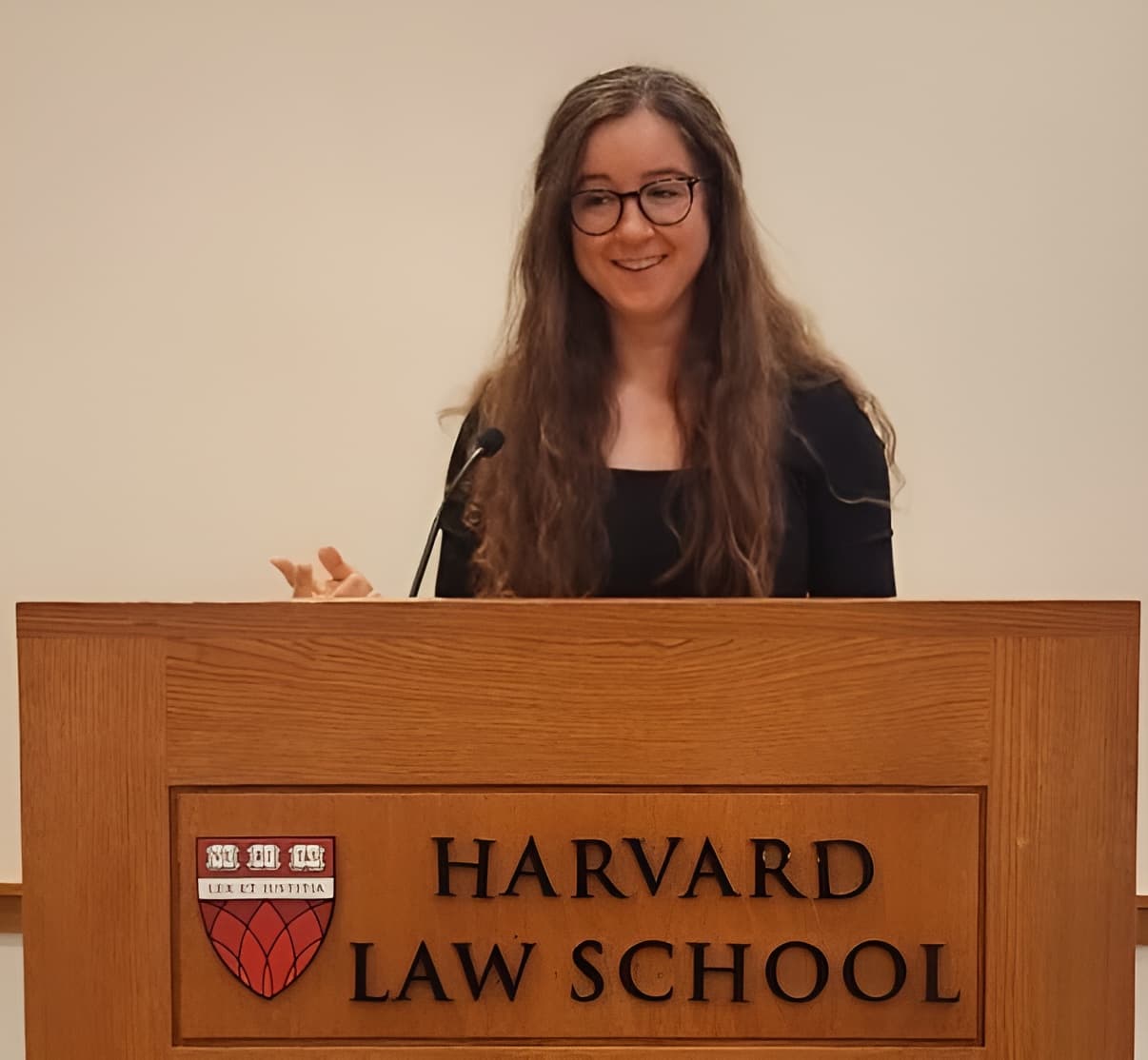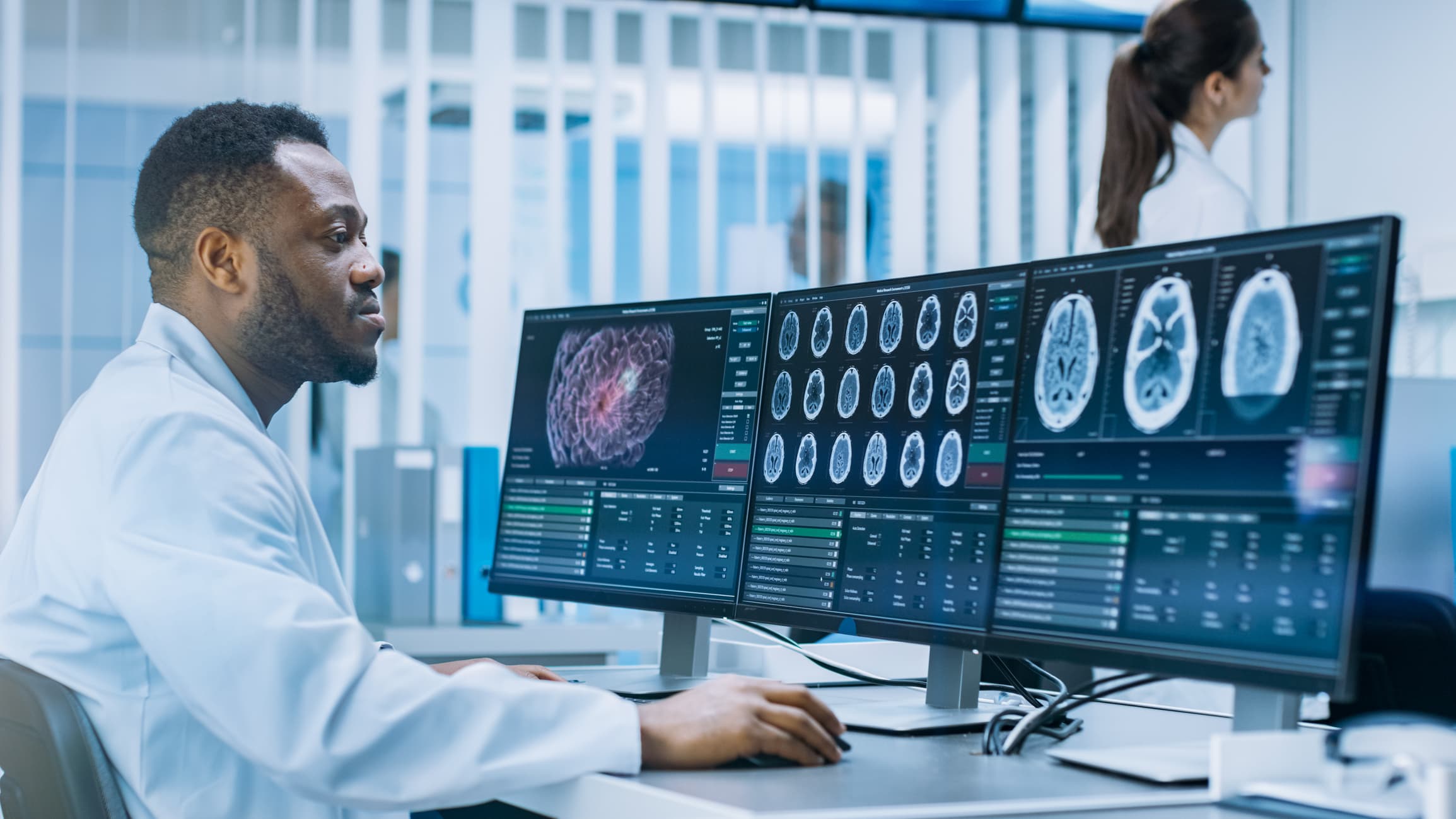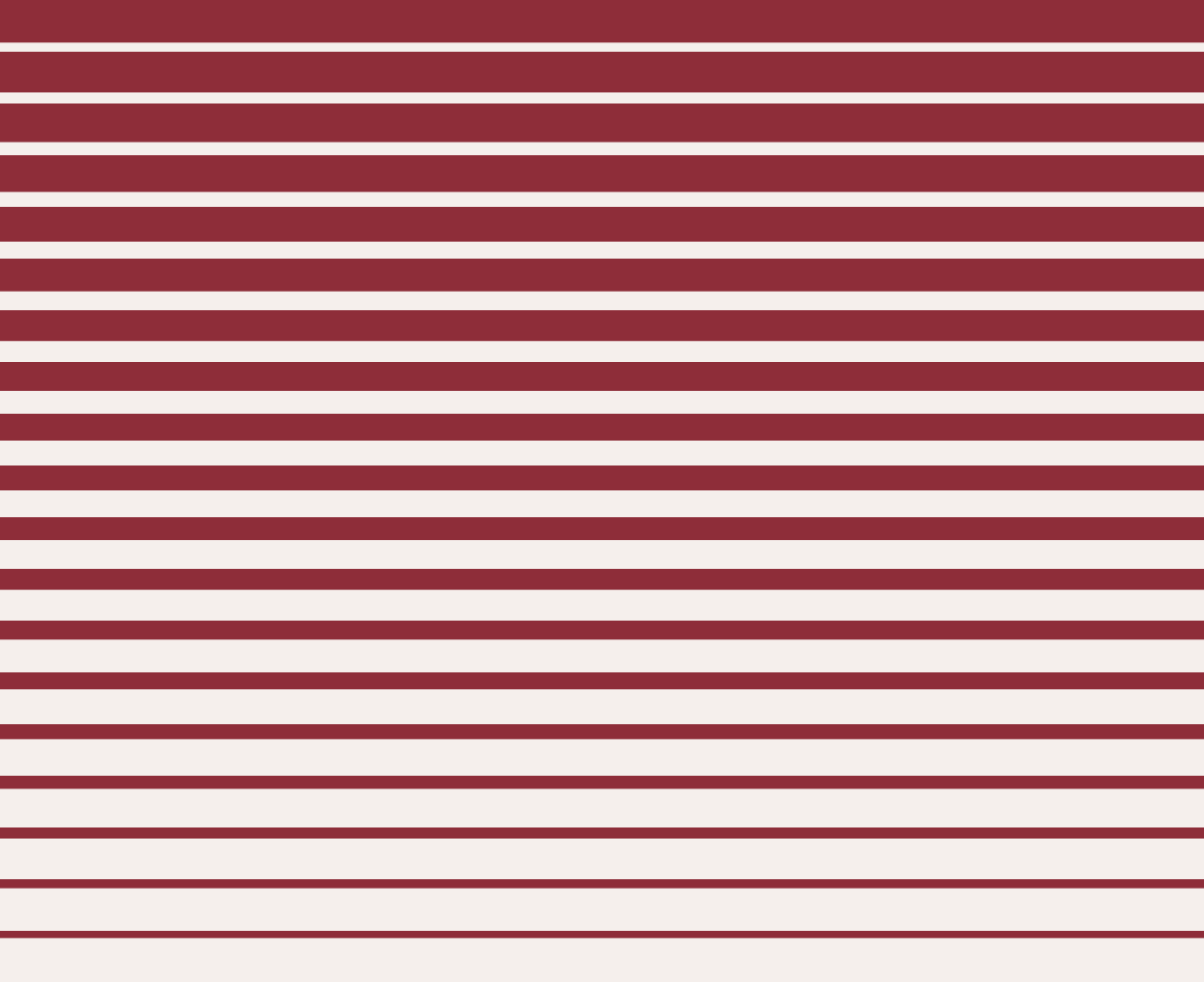Advancing Justice with Brain Science
The CLBB NeuroLaw Library is a first-of-its-kind resource for people working on criminal, civil, and family law cases. The Library provides free, reliable neuroscience in plain language to help courts and advocates reach fairer, more effective, science-informed decisions.
Resources Available
Extensive indexes and search mechanisms
Continuous case law updates
Real-time help from a resource librarian
Adjust materials to five reading levels
Our Community Speaks

Neuroscience has changed how we understand substance use, but that knowledge doesn’t help if it stays locked in academic journals. By translating cutting-edge science into practical tools, this module gives legal actors a way to integrate evidence into everyday decisions about addiction and justice.

When legal systems misunderstand addiction as a choice rather than a medical condition, people too often are met with punishment rather than clinical care. By translating neuroscience into accessible tools, the NeuroLaw Library supports legal decision-making rooted in the science of addiction and recovery.

Criminal law is about mental states which all too often rely on antiquated concepts of the human mind and behavior. With advances in neuroscience – or brain science – NeuroLaw Library is an unprecedented opportunity to debunk those inaccurate ideas in the service of justice and to achieve goals such as lower recidivism rates.

The lack of neuroscience information for defense attorneys, prosecutors, judges and jurors who make life-altering decisions stacks the legal deck. The CLBB Neurolaw Library will fill this knowledge gap and impact judicial outcomes for countless individuals involved in the criminal justice system.

The impact of the NeuroLaw Library is already being felt across the legal and policy landscape – from incarcerated persons writing their own appeals, to defense attorneys and prosecutors, judicial educators, and legislative staffers. Eliminating barriers to accessing reliable science and skillfully developed litigation materials and briefs is the first essential step toward democratizing access to science so it can be applied in legal and policy decision-making.

"Too often, young people and adults in marginalized communities are punished for symptoms of trauma. The NeuroLaw Library gives judges and attorneys the scientific knowledge they need to respond with compassion, accountability, and opportunity.”





